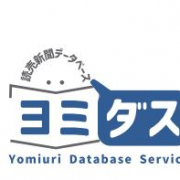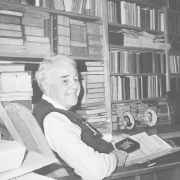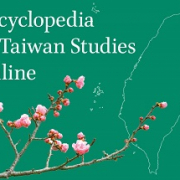DH Conference July 8-12: Charting the European D-SEA: Digital Scholarship in East Asian Studies
Liebe CrossAsia Nutzer:innen,
(See English below)
die Staatsbibliothek zu Berlin und das Max-Planck-Institut für Wissenschaftsgeschichte (MPIWG) laden Sie zur Konferenz „Charting the European D-SEA: Digital Scholarship in East Asian Studies“ ein, die vom 8. bis 12. Juli in Berlin stattfinden wird.
Ziel der Konferenz ist es, einen Überblick über den aktuellen Stand der digitalen Forschung in den Ostasienwissenschaften in Europa zu geben, eine europäische Gemeinschaft von Ostasienwissenschaftlern aufzubauen, die an digitaler Forschung interessiert sind, und eine Plattform für europäische Wissenschaftler zu bieten, um sich über die wichtigsten Methoden und Ressourcen zu informieren, die in innovativen digitalen Projekten in den Ostasienwissenschaften weltweit entwickelt wurden. Darüber hinaus soll ein interdisziplinärer Dialog gefördert werden, der Wissenschaftler:innen und technische Expert:innen (Informatiker:innen, Bibliothekar:innen und Archivar:innen), die sich mit ostasiatischen Regionen befassen, zusammenbringt, um ihr Wissen über die Anwendung digitaler Methoden, die oft sprachspezifisch sind, zu teilen und Erfahrungen und Herausforderungen auszutauschen.
Das Programm umfasst:
- Pre-conference-Workshops (8.-10. Juli): Jeder der dreistündigen Workshops wird von Expert:innen geleitet, die wichtige digitale Methoden vorstellen. Wir ermutigen auch Projektleiter:innen, Vorschläge einzureichen, in denen sie die Ressourcen, Werkzeuge und Ergebnisse ihrer Projekte vorstellen.
- Konferenz (11.-12. Juli): Die Konferenz besteht aus Kurzvorträgen (15-20 Minuten), die einen Überblick über den aktuellen Stand der digitalen Ostasienwissenschaften in Europa und darüber hinaus geben und ein breites Spektrum an Disziplinen (z.B. Geschichte, Literatur, Kunst, Sozialwissenschaften im japanisch-, koreanisch- und chinesischsprachigen Raum) sowie die neuesten Entwicklungen in den entsprechenden Archivinstitutionen (Bibliotheken, Museen und Archive) und Infrastrukturprojekten abdecken.
Weitere Informationen entnehmen Sie bitte dem beigefügten CfP. Die Anmeldung mit Call für Vortragende finden Sie hier:
https://survey.academiccloud.de/index.php/149693?lang=en
Die Anmeldung ist bis zum 21. April 2024 möglich.
Click here for more details: Charting EU D-SEA_CFP
Mit besten Grüßen,
Ihr CrossAsia Team
Dear CrossAsia users,
The Staatsbibliothek zu Berlin (Berlin State Library) and the Max Planck Institute for the History of Science (MPIWG) invite applications for the conference „Charting the European D-SEA: Digital Scholarship in East Asian Studies„, which will take place on July 8th till 12th in Berlin.
This conference aims to survey the current state of digital scholarship in East Asian Studies within Europe, to build a European community for East Asian scholars interested in digital scholarship, and to offer a platform for European scholars to obtain knowledge about key methods and resources created in cutting-edge digital projects in East Asian Studies worldwide. It also intends to foster an interdisciplinary dialogue, connecting scholars and technical experts (computer scientists, librarians, and archivists) working on East Asian regions to share knowledge on deploying digital methods that are often language-specific, and to exchange their experiences and challenges.
The program includes:
- Pre-conference workshops (July 8–10): Each of the 3-hour workshops will be led by experts introducing key digital methods. We also encourage project leaders to submit proposals in which they demonstrate the resources, tools, and results produced in their projects.
- Conference (July 11–12): will be composed of short presentations (15–20 mins) to survey the current status of Digital East Asian Studies in Europe and beyond, spanning a wide range of fields (such as history, literature, arts, social sciences in Japanese-, Korean-, and Chinese-speaking regions), as well as the latest development in related archival institutions (libraries, museums, and archives) and infrastructural projects.
For further information, please refer to the attached CfP. The registration form with call for speakers can be found here:
https://survey.academiccloud.de/index.php/149693?lang=en
Registration is possible until 21st April 2024.
Click here for more details: Charting EU D-SEA_CFP
With best regards,
Your CrossAsia Team


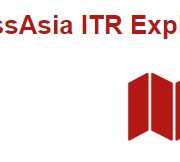
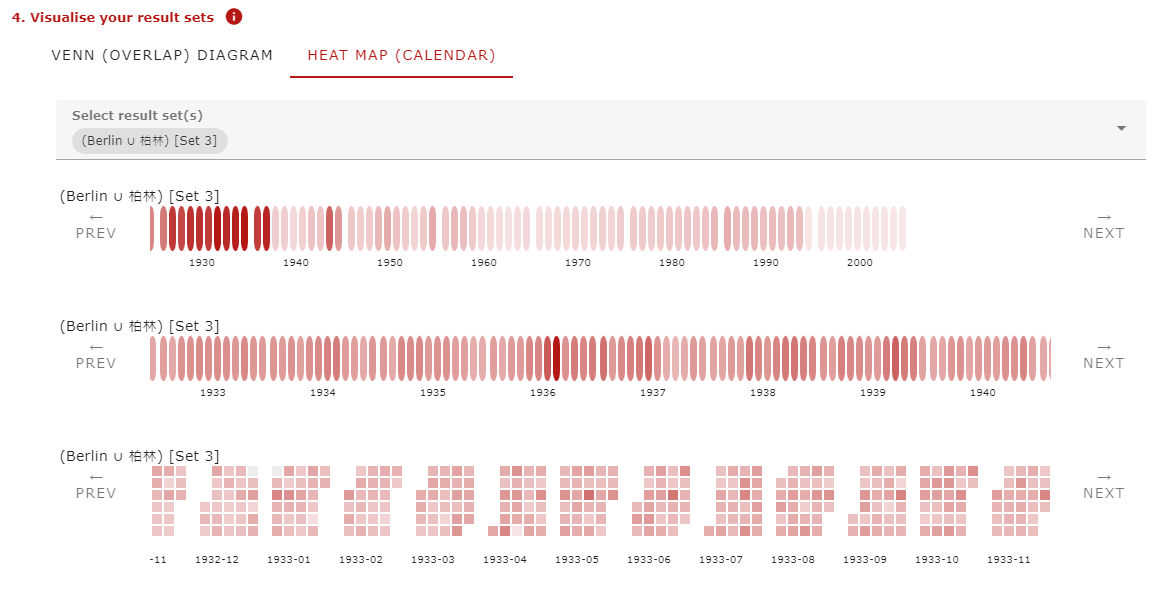
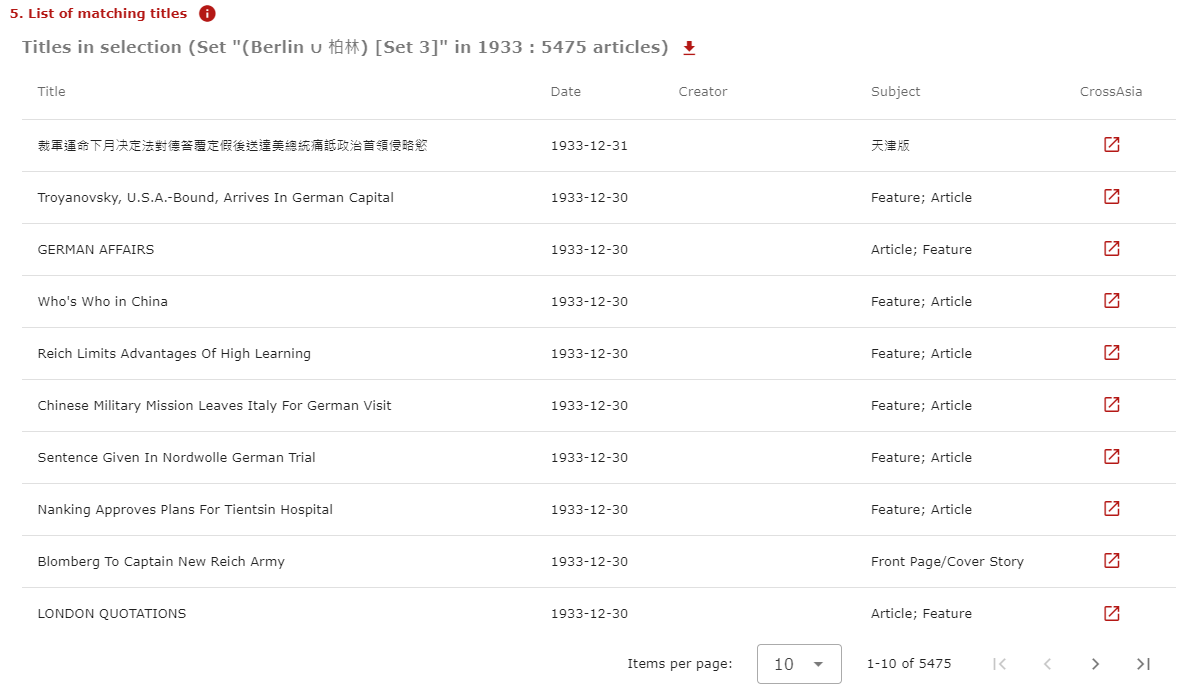
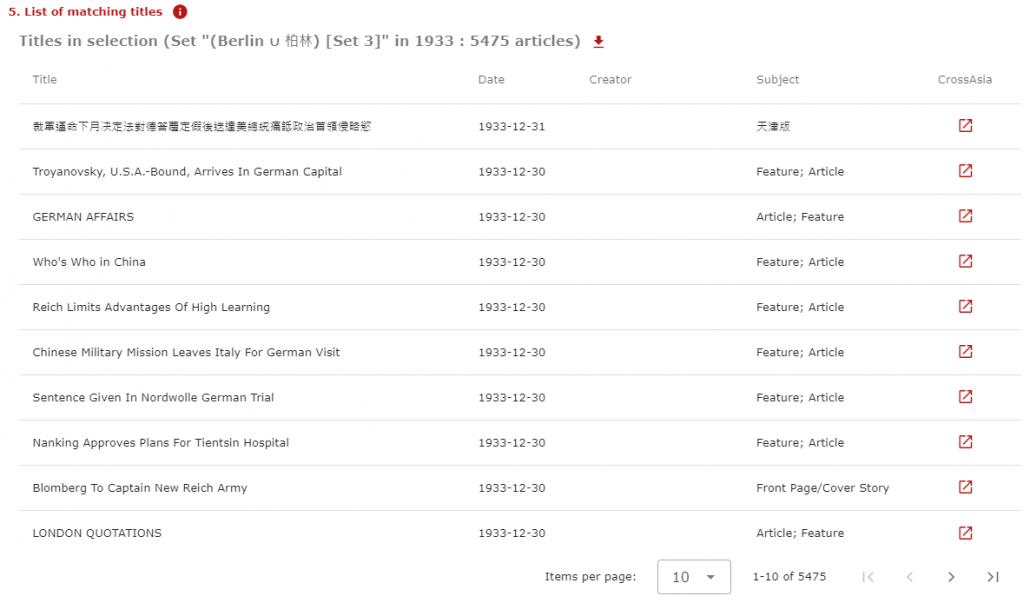
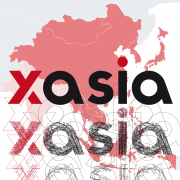
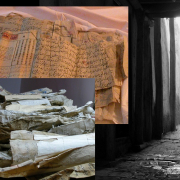
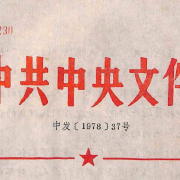

 Hier führt der Link zum Artikel in der Anbieterplattform des OA-Journal, in vielen Fällen zur
Hier führt der Link zum Artikel in der Anbieterplattform des OA-Journal, in vielen Fällen zur  Um diesen nutzen zu können, muss man sich zuerst einen individuellen Account anlegen (man erhält beim Modus 邮箱注册 eine E-Mail, mit der man die Existenz des Accounts bestätigen muss). Bitte auch im Spam-Ordner danach schauen. Beim ersten Auslösen eines ILL wird man dann automatisch dazu aufgefordert, diesen Account mit CrossAsia zu verknüpfen. Beim Auslösen einer ILL-Bestellung muss dann noch einmal die E-Mail-Adresse eingetragen werden, an die der Artikel verschickt werden soll. Im eigenen Konto gibt es eine Übersicht der bestellten Artikel und deren Status. Die Sanduhr markiert Titel „in Bestellung“, ein Haken markiert, dass der Titel zugestellt wurde.
Um diesen nutzen zu können, muss man sich zuerst einen individuellen Account anlegen (man erhält beim Modus 邮箱注册 eine E-Mail, mit der man die Existenz des Accounts bestätigen muss). Bitte auch im Spam-Ordner danach schauen. Beim ersten Auslösen eines ILL wird man dann automatisch dazu aufgefordert, diesen Account mit CrossAsia zu verknüpfen. Beim Auslösen einer ILL-Bestellung muss dann noch einmal die E-Mail-Adresse eingetragen werden, an die der Artikel verschickt werden soll. Im eigenen Konto gibt es eine Übersicht der bestellten Artikel und deren Status. Die Sanduhr markiert Titel „in Bestellung“, ein Haken markiert, dass der Titel zugestellt wurde.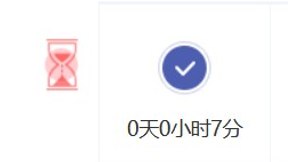 Der Anbieter sagt eine Lieferung spätestens nach 48h zu (je nach Journal).
Der Anbieter sagt eine Lieferung spätestens nach 48h zu (je nach Journal).